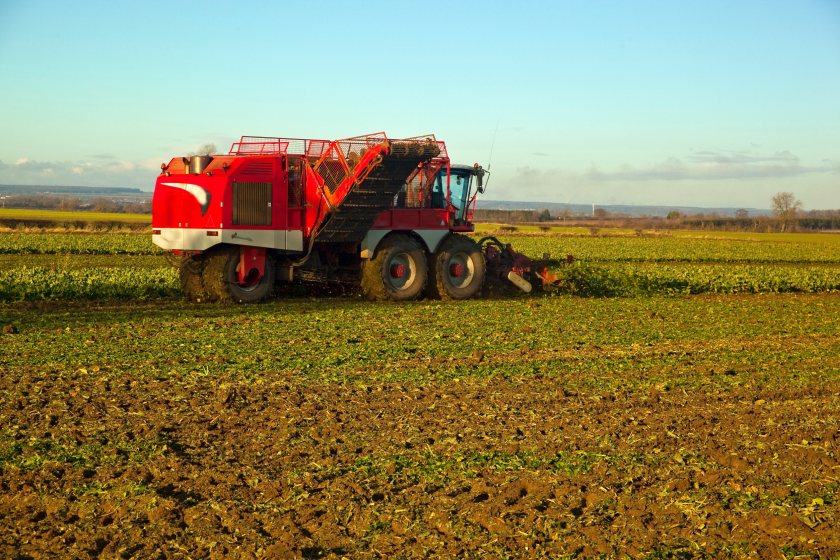
The government has rejected an emergency application for the use of a neonicotinoid on sugar beet to help growers stave off virus yellows infection.
The announcement makes it the first time in five years that an emergency authorisation of Cruiser SB has not been approved for use on sugar beet.
Defra said today (23 January) that there was 'clear and abundant evidence' that the neonicotinoid was 'extremely toxic' to pollinators such as bees.
The application for emergency authorisation was made by the NFU and British Sugar.
In 2020, 25% of the national sugar beet crop was lost to virus yellows, costing £67m of total economic loss across an industry that creates nearly 10,000 jobs.
The virus is transmitted by aphids, and it is believed around 70% of the most common aphid, peach potato aphids, carry it.
The previous Conservative government had permitted growers to use the neonic on the 2024 sugar beet crop, but with stricter conditions than previous years.
Instead, the Labour government said it supported industry-led work to develop alternative approaches to prevent virus yellows infection.
Making the announcement, Environment Minister Emma Hardy noted that Britain was currently one of the most nature depleted countries in the world.
She said: “This government is committed to protecting bees from toxic neonicotinoid pesticides, while working with farmers to find new ways to protect crops and support a profitable sector.
“We recognise the threat that virus yellows can pose to sugar beet growers, and we will continue to support industry to develop alternatives to neonicotinoids on sugar beet that are effective at high levels of yellows virus infection.”
According to the government, the decision was based on "robust assessments of environmental, health and economic risks and benefits".
Advice from Defra’s Chief Scientific Adviser, its economists, the Health and Safety Executive and the UK Expert Committee on Pesticides was also taken into account.
The government recently provided research funding to look at the potential for precision breeding in producing virus-resistant varieties of sugar beet.
